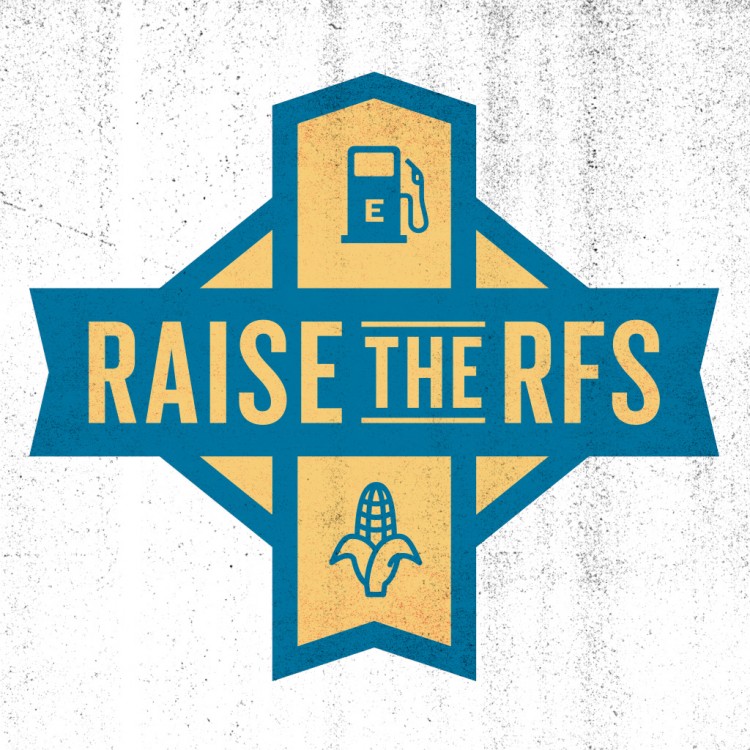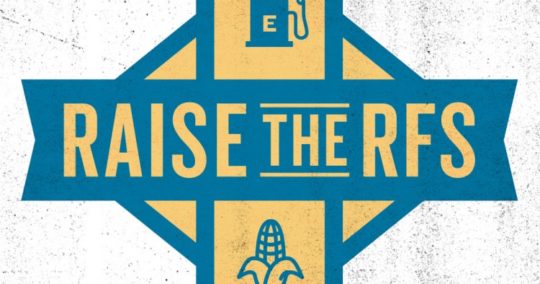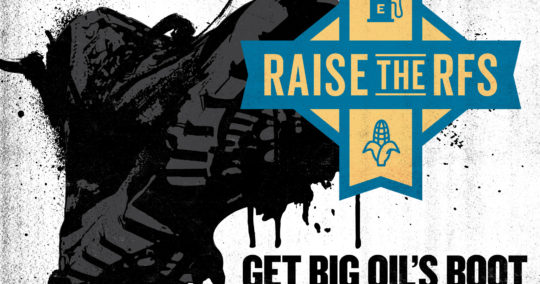

Environmental champion U.S. Senator Barbara Boxer said in a Senate hearing today that “the RFS is a critical piece of our nation’s effort to reduce climate pollution.” The Environmental Protection Agency’s Acting Assistant Administrator of the Office of Air and Radiation Janet McCabe pointed to advanced biofuels as an essential piece of meeting our climate commitments, asserting that cellulosic ethanol is the lowest carbon fuel in the world and “is absolutely critical” in meeting the President’s carbon reduction goals. These remarks build on commitments made by EPA Administrator Gina McCarthy a few months ago that the Administration would get the RFS back on track because it is a “vital tool” in the fight against climate change.
While the oil industry uses stale and long-disproven talking points in an attempt to undermine the environmental benefits of ethanol, numerous new studies have found that a) ethanol is cleaner than oil, b) ethanol is getting increasingly cleaner, and c) oil is getting dirtier and more damaging.
This evidence has built up over years. A DOE and EPA study from the Argonne National Laboratory found that ethanol cuts greenhouse gas emissions by 34 percent compared to regular gasoline—advanced biofuels by 108 percent or even more.
And notably, a number of recent studies from just the last year (laid out below) demonstrate the indisputable fact that ethanol increasingly benefits our environment. But oil—harmful to our environment to begin with—is getting even worse.



